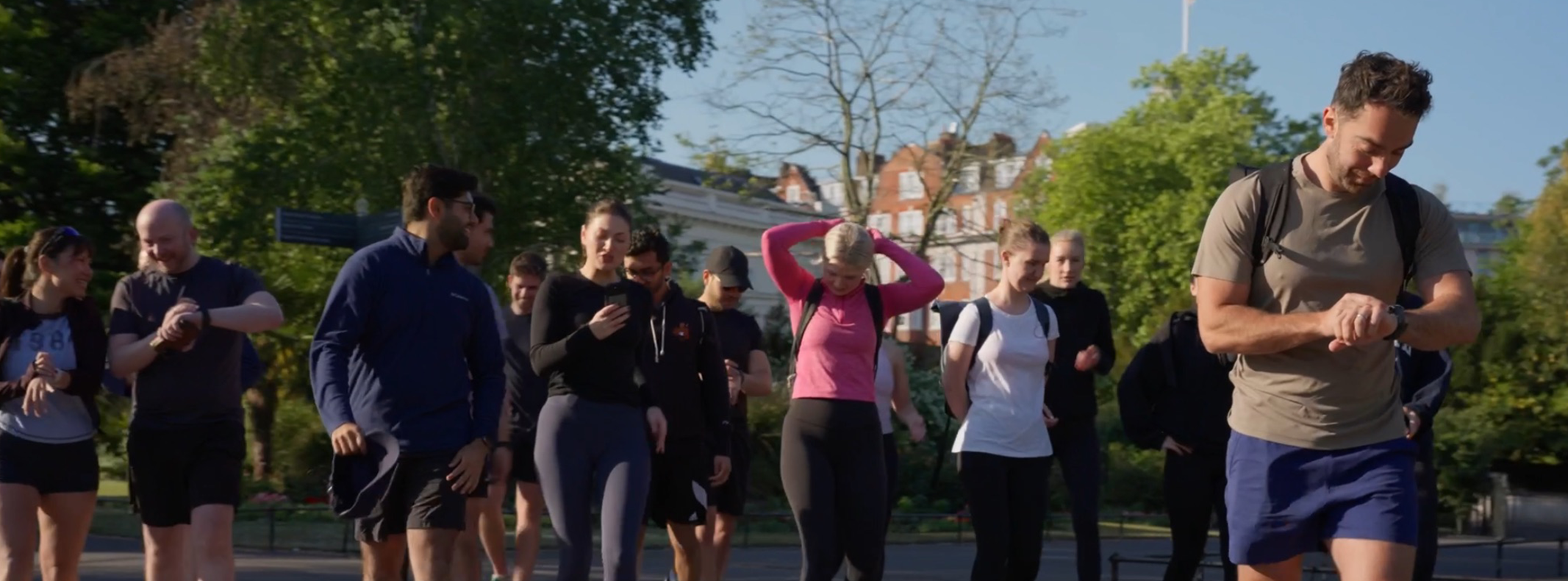Standing on the shoulders of experience: how a top Silicon Valley coach helps CEOs get better faster.
John Hamm is an Octopus Venture Partner and CEO coach based in San Francisco. John works with the CEOs in the portfolio, on the specific premise that the better they perform, the better our returns will be as an investment firm over time.
John arrived in the Valley (Silicon was not yet its prefix) in 1983. He joined HP as the first PCs shipped and then witnessed giant leaps in innovation over the proceeding decades: LANs, WANs, WiFi, cellular, the Internet. As an operating executive, he was fortunate to work with and for some extraordinary leaders for almost two decades who taught him ‘what great looks like’. As a ‘multiple tour of duty’ CEO, a venture partner and investor in several VC firms, and a member of more than 30 Boards of Directors, John has seen a lot of good – and not so good – practices that, when translated to current time and thinking, can save younger CEOs a lot of time and heartache. He has coached and advised 75 CEOs over the last few years, appreciating the specific leadership situations and complicated market strategies they face.
Here he shares some wisdom on how coaching can help CEOs get better faster.
What’s the secret to helping CEOs get better faster?
I am focused almost completely on the idea that leadership – starting at the top – really matters. It is crucial to outcomes for companies, CEOs and investors. Entrepreneurs come in all shapes, sizes, genders, backgrounds and personalities, but one thing separates the great from the good: their self-awareness and willingness to be open and honest about the challenges they face in building teams and companies. Being vulnerable about their fears, their worries and what drives them is a vital requirement of a CEO who wants to get better, faster. I want to ‘bend the learning curve’ of a talented CEO such that he or she can grow faster than their years of experience would allow.
What is your approach to coaching?
My job as advisor and coach is to create a trusted space such that rigorous, difficult and honest conversations can occur regularly with a CEO, helping to address and solve the biggest impediments to growth and value creation. I want access to a CEO’s leadership challenges as they see them, in an unvarnished, authentic and unfiltered way. I will always steer away from the perception of what an investor agenda might be, whilst holding to the bigger commitment: to move the company towards creating real market value via the leadership of the CEO.
There’s a reason there’s a practice range next to a golf course. You want to hit some practice balls in a safe environment, where the cost of a mistake is zero. I aim to set up a zero-cost practice field for my CEOs to work through difficult topics – difficult conversations, complicated or unpleasant decisions, and allow for personal insights and reflections to emerge that build capacity in leaders for the future. Then, in the real world, under pressure, things go much, much better.
We all meet in the middle with shared goals, and, generally, we all win (or lose) together. Playing as one team – rowing together – is the right way to operate.
What are the basic components of a winning strategy?
The outcome of any company is generally correlated to the quality of the dozens of decisions that the CEO and the executive make, over time, and their ability to execute well against those decisions. We never have perfect data and we never have enough time. Making solid decisions is crucial, because they direct all the execution resources. Making them as fast as logically possible is important. All other factors being equal, a bias for action verses analysis paralysis is good. Clarity and trust = fast. Confusion and fear = slow. I strive to help CEOs create more clarity and stronger trust within the team, and we fight confusion and fear. I know from experience that this approach will consistently correlate to better decisions, made faster, over time. That is a winning strategy.
How do you know it’s working?
Through years of experience, I have learned what it looks like when a leader is in the right frame of mind to commit to a coaching relationship. In general, these CEOs have realized and fully understand that almost all ‘world class’ professionals – athletes, musicians, and other highly skilled ‘performers’, have access to experienced and knowledgeable coaches and advisors who can supplement their own talent and commitment with an alternate, competing point of view, and an expertise that is additive to their growth plan. As a metaphor, the mechanism is much like a personal fitness trainer verses your own workout routine. A professional fitness trainer will a) create accountability for you to ‘show up’ regularly to a rigorous workout, b) teach you some techniques and best practices that they know, and you don’t, and c) push you to work and stretch and grow just a little more than you would have on your own. Over time, this builds real strength. Many CEOs realize that the strategy of an advisor or coach to accelerate their growth as a leader is a compelling competitive advantage – not something that takes too much time or money or work. They understand the return on any of those inputs can often be 10x or 20x. They also know – or instinctively believe – that while game changing insights are hard to predict and impossible to force, they are also incredibly valuable when they occur, and can often help redirect the action in profound ways, or avoid potential fatal mistakes. These CEOs have decided that they desperately want to get better at their profession and the craft of leading others, and they believe they can supplement their own experience with others’ views who have hiked similar trails before them and learned much from the journey
There’s been a supportive cultural shift in the technology sector regarding the value of trusted, experienced advisors and coaches. CEO and Executive Coaching is in high gear in the Valley and it’s spreading to Europe quickly. I’d summarize it this way: we’ve gone from “you have a coach… what’s wrong with you?” five years ago, to “you don’t have a coach… what’s wrong with you?” today. Coaching is not a statement about what needs fixing in a CEO or an executive team – it is simply a wise investor or CEO-led strategy.
Thanks John.
Read More: John Hamm is author of Unusually Excellent (The Necessary Nine Skills Required for the Practice of Great Leadership) as well as numerous articles on the Harvard Business Review.













